

Climate Resilience
AKF and the European Union launch four-year €5.8m project to improve livelihoods and climate resilience in Syria
The Aga Khan Foundation (AKF) and the European Union (EU) have launched a new €5.88m project to strengthen resilience to climate change and improve livelihoods through promoting improved livestock practices in Aleppo, Homs, and Hama Governorates of Syria.
While active conflict has mainly ceased in these Governorates, Syrians’ livelihood needs are higher than ever: nearly 97% of the population are now living below the poverty line and Syria is ranked among the 10 most food insecure countries in the world. This situation is largely driven by the economic collapse of the country as a result of the 12–year conflict as well as a growing unemployment rate; climate-aggravated drought, desertification, and other environmental shocks; and unsustainable agricultural systems.

97%
of Syrians are living below the poverty line
To cope, farmers have had to reduce spending by lowering the quantity and quality of inputs and services they buy, selling land and livestock, and pulling children out of school to support their households to earn an income. There is desperate need to improve access to crucial inputs like fodder and water; support practices that will increase profitability such as improved storage, marketing and processing; and explore alternative income sources to traditional livestock (sheep; specifically, Awassi sheep, the main breed of sheep in Syria) and crops.
Increasing livestock production
Working hand-in-hand with communities and farmer groups over the next four years, AKF aims to increase resilience to the food and climate crisis in Syria by building the capacity of sheep breeders and promoting intensive and innovative fodder and feed production systems.
AKF will also support diversification into small poultry as an alternative source of income and explore the potential for camels and fisheries. Across the three Governorates, there is potential for pigeon, quail and partridge rearing as they are well adapted to the climate and represent a valuable source of protein and nutrition.
While ruminants (sheep and camel) are essentially managed by men, fodder and feed production, small poultry, and fish offer valuable socioeconomic opportunities for women and youth.
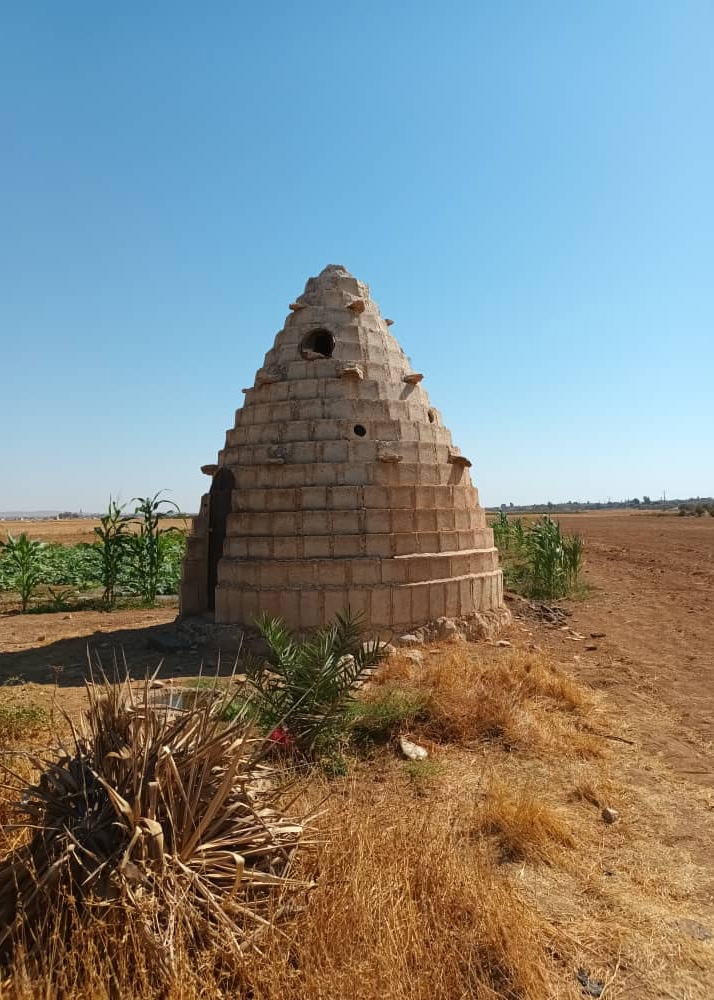
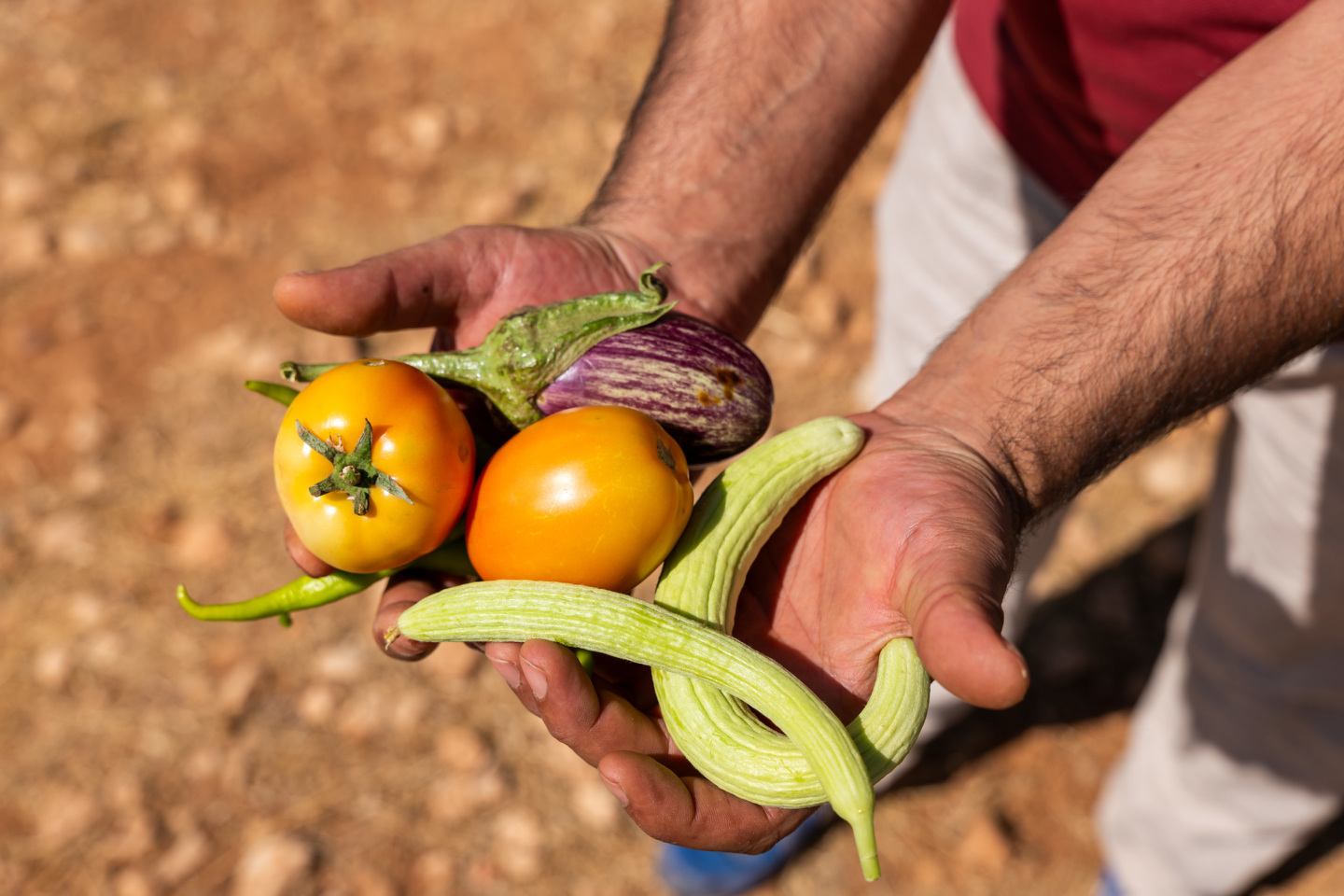
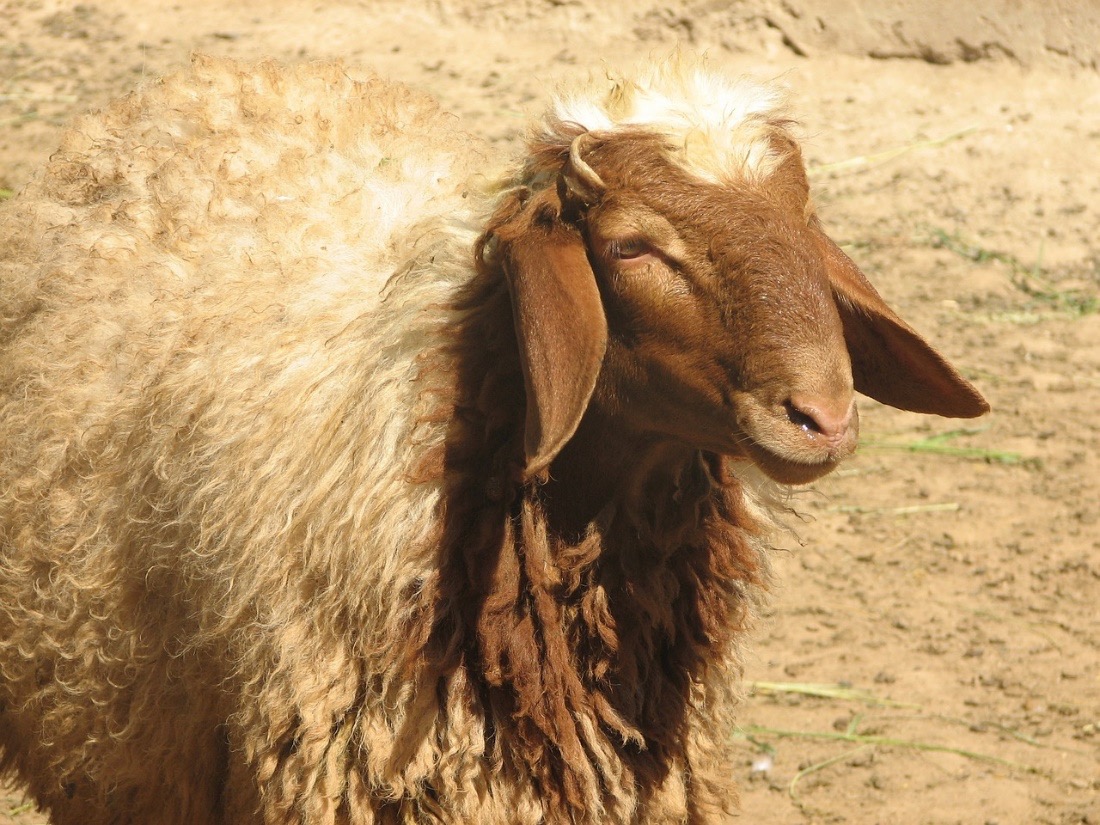
This process of livestock intensification essentially means increasing livestock production without using more land. The project will be implemented in semi-arid and arid regions, including areas with limited agricultural land and severely limited rainfall (<300mm per year).
The project – Climate and Economic Resilience through Livestock Intensification in Syria (CERLIS) – aims to directly support 15,000 people. This will be done through forming and training farmer groups on managerial and technical skills in their area of interest and supporting them with the needed equipment and inputs to start or scale up production. Targeted farmers and communities will help design and contribute to the implementation of these activities.
Supporting resilient farmers
With drought a significant and growing challenge, drought-tolerant fodder plants will be promoted, as well as regenerative farming practices such as rainwater harvesting, grey-water recycling, solar water-pumping for irrigation, inter-cropping, and more.
For example, grey-water harvesting has been shown to save a household 100,000 Syrian Pounds (USD $7.75) per month on irrigation costs, compared to the average public sector wage of $20/month.

Investing in research
As part of this project, AKF will invest in research to analyse existing practices and ensure the innovations and agricultural avenues promoted are well adapted to local conditions. AKF will also detail the value chains and their corresponding products, evaluating their socioeconomic, nutritional and environmental potential, and map out value chain actors and markets. Finally, AKF will set up pilot plots and farms, and recommend solutions to improve productivity and income at all levels – from farms to the national level.
While the project aims to see improved incomes and enhanced nutrition security over the four-year period, its ambitions are far longer term. It is hoped that supported farmer groups, pilot farms, and the research findings will have a catalytic effect and spread to thousands more farms and communities, enabling not just resilience, but gradual regeneration of agricultural lands across Syria.
This is a project funded by the European Union implemented by the Aga Khan Foundation. Views and opinions expressed are however those of the author(s) only and do not necessarily reflect those of the European Union. Neither the European Union nor the granting authority can be held responsible for them.
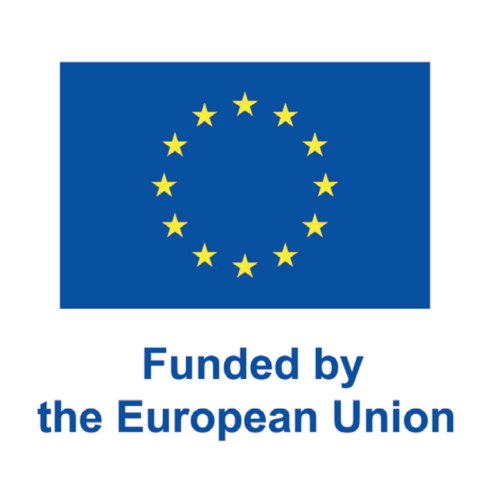
Related News & Stories

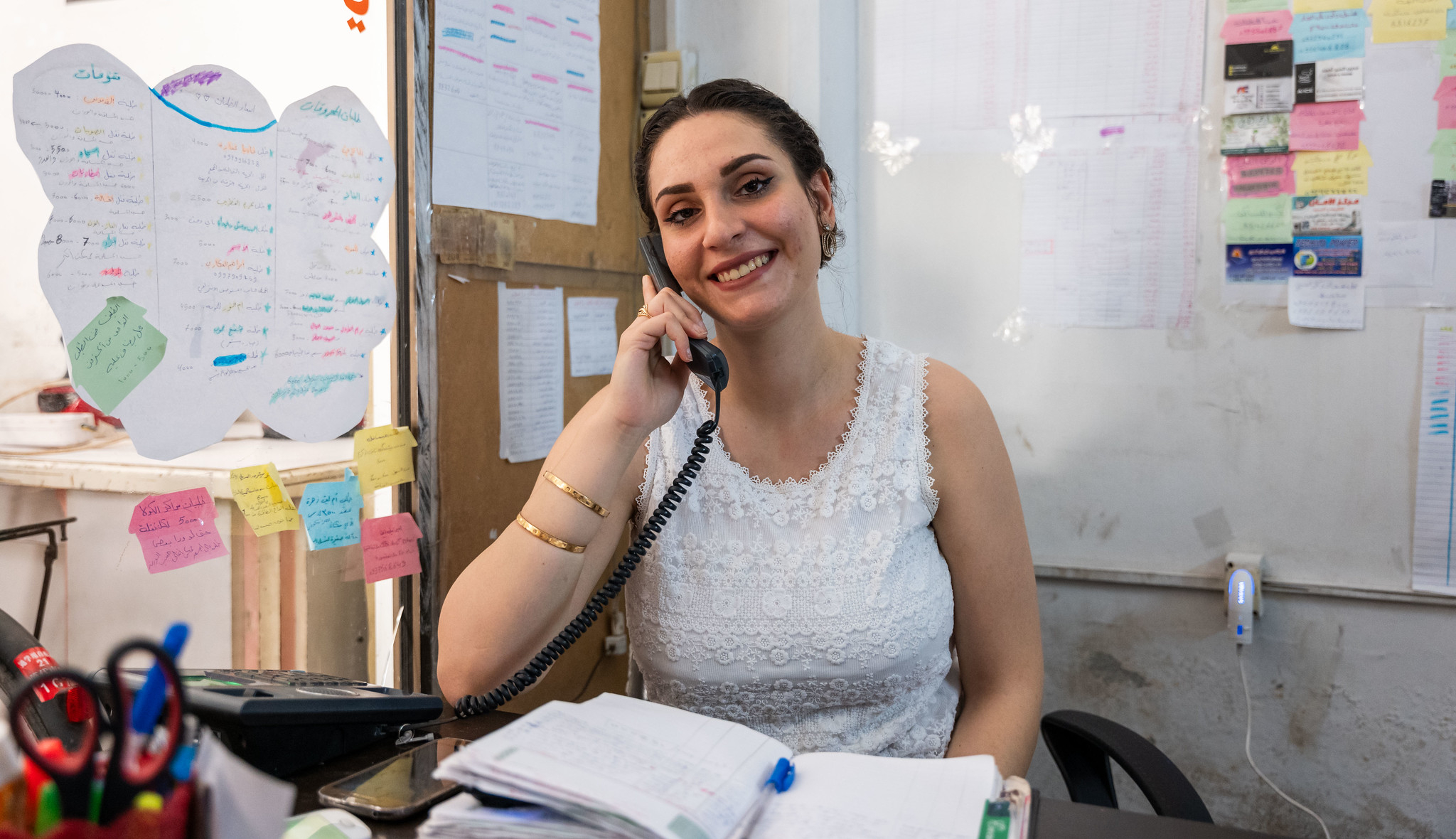
Rebuilding Syria: How AKF is supporting entrepreneurs to revitalise the economy
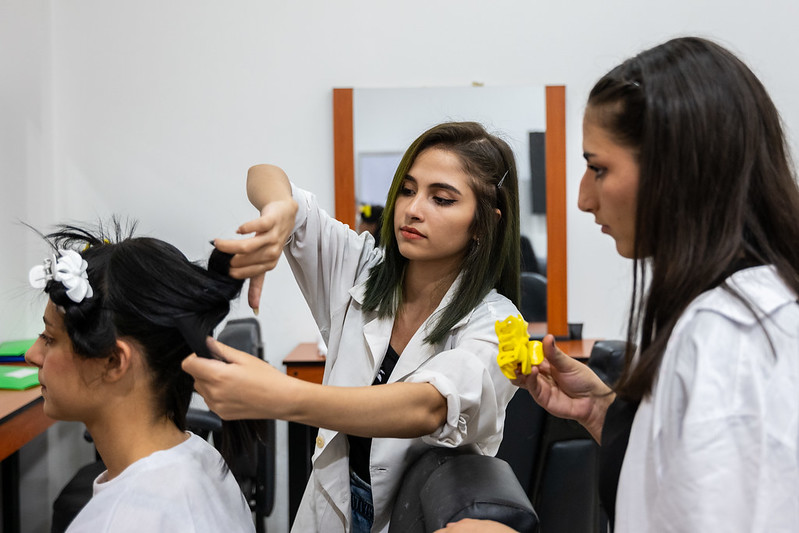
A cut above: Meet Areej
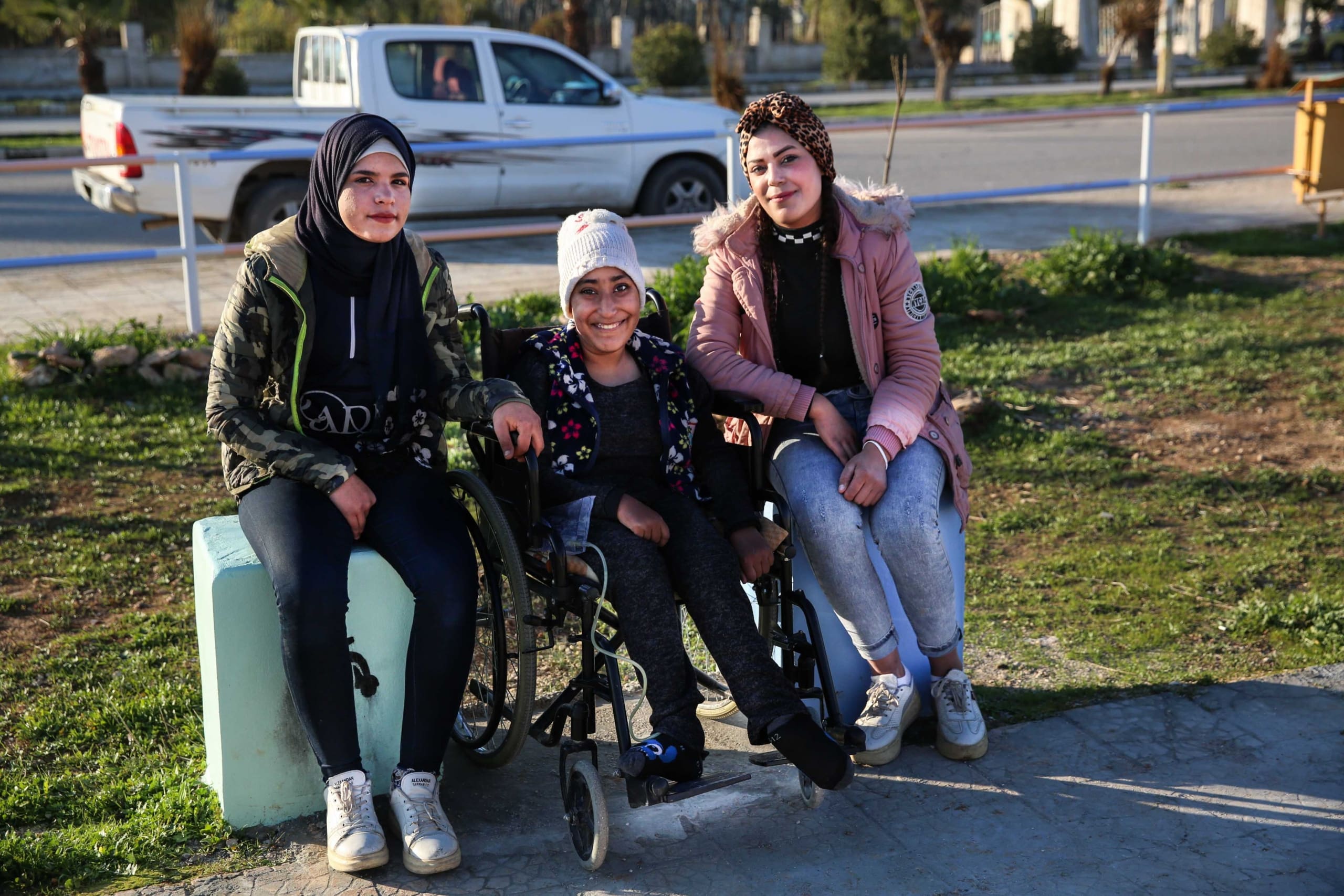
Syrian youth design their future
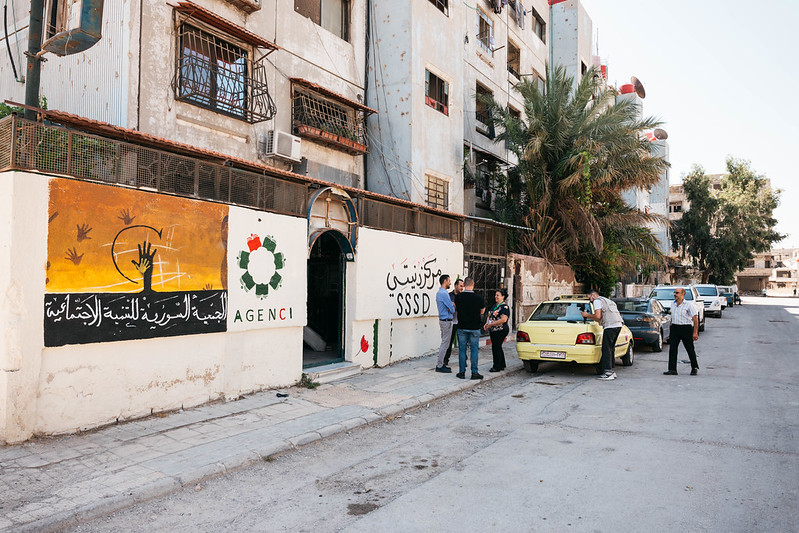
Back to school: Meet Sedrat

Educating girls amid crisis
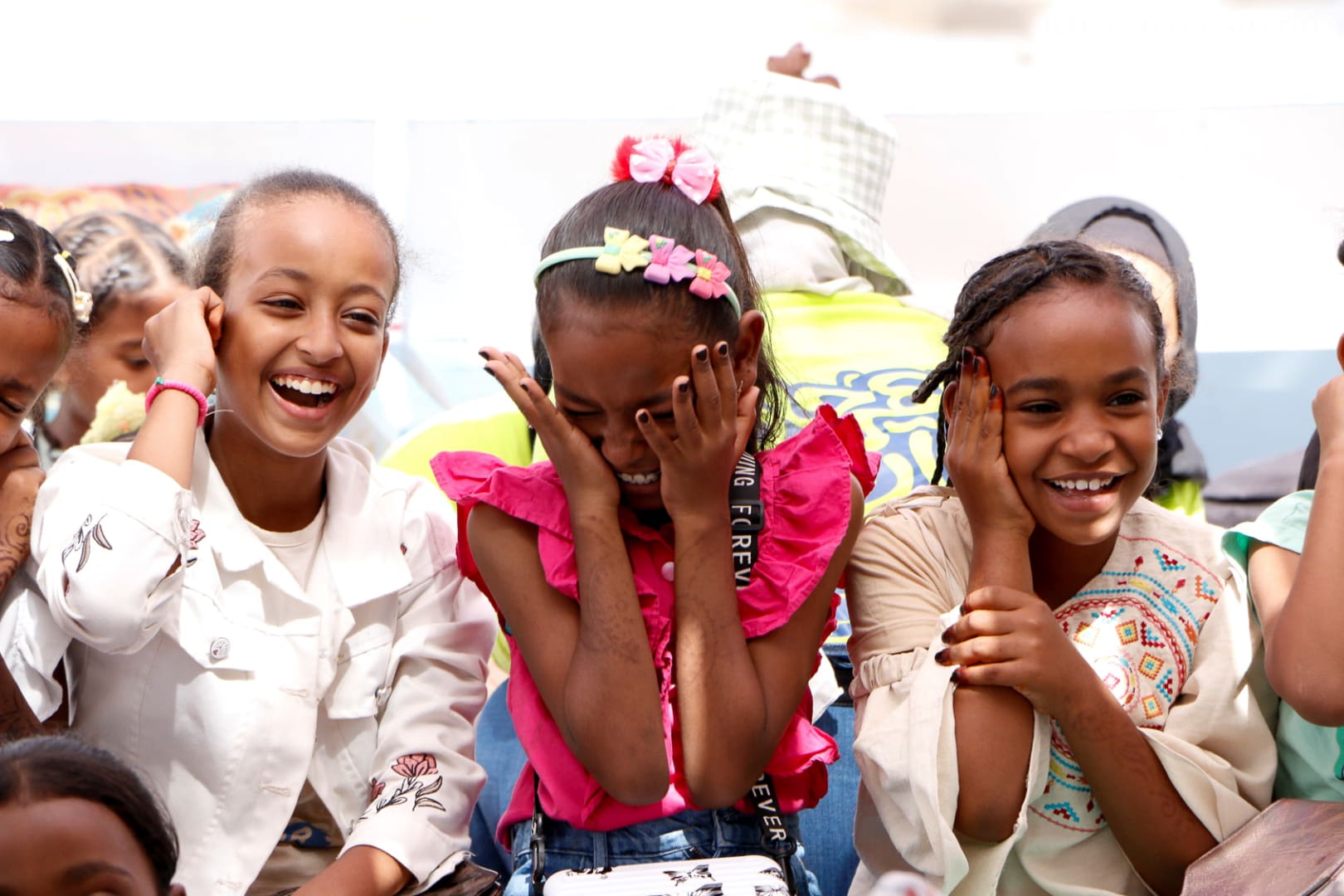
Support our work Your donations are helping us build a future where we all thrive together.